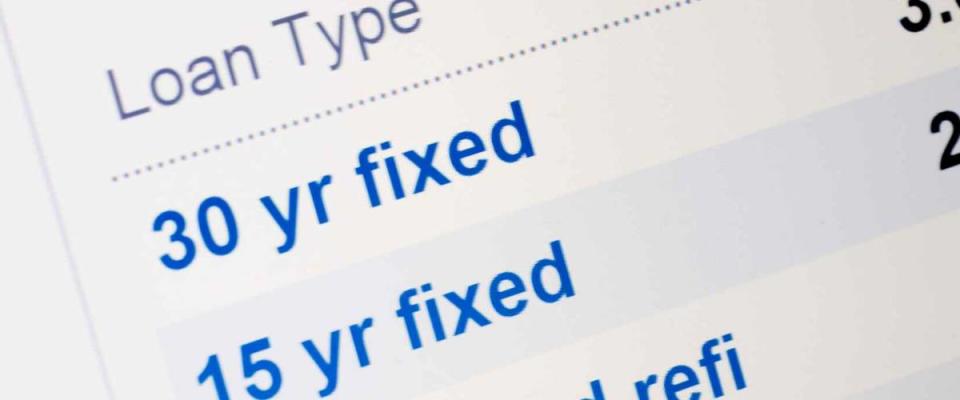Mortgage Rates Rise but Remain at 7-Year Lows for December

As they continue to flutter around, mortgage rates have moved higher this week — though they remain at their best December levels in seven years.
Borrowers who are dreaming of a new home or at least a new home loan for the new year are getting bargains.
This week's rate increase has been driven by the recent report showing the U.S. job market is on fire. Strong economic news can push interest rates higher.
If you spot an attractive mortgage rate, consider locking it so it won't slip out of your grasp.
This week's numbers

Mortgage rates are mostly higher this week.
Mortgage rates have turned mostly higher, with 30-year fixed-rate mortgages climbing to an average 3.73%, from 3.68% last week, Freddie Mac said Thursday. The loans in the Freddie Mac survey come with an average 0.7 point.
The benchmark mortgage rate hit its low for the year, 3.49%, in early September, then rose a bit — and has been spinning around ever since, says Sam Khater, the chief economist at Freddie Mac.
“With Federal Reserve policy on cruise control and the economy continuing to grow at a steady pace, mortgage rates have stabilized as the market searches for direction,” Khater says. The Fed decided on Wednesday to hold interest rates steady, and suggested no changes were likely through 2020.
One year ago, 30-year mortgage rates were almost a full percentage point above where they are today — at an average 4.63%.
For a second week, current mortgage rates are the lowest for any December since 2012, according to Freddie Mac's historical data.
Use this calculator to see the kind of monthly payment you can expect from today's low mortgage rates.
Refi opportunities remain

Homeowners can still save by refinancing.
If you took out a home loan just last year, you might still be able to lower your monthly payment dramatically by doing a refinance into a new loan at a lower rate.
Homeowners who refinanced their mortgages during the spring are now saving an average of about $140 a month, or $1,700 a year, Freddie Mac has said.
Refinance activity paused during Thanksgiving week but took off again last week, according to the Mortgage Bankers Association.
Lenders last week were handling about two and a half times as many refi applications as they were in early December 2018, the trade group reported on Wednesday.
Take a look at today's best mortgage rates where you live.
The outlook for mortgage rates

Higher rates are not likely to dampen the demand for homes.
This week's uptick in mortgage rates follows the government's announcement that the nation's unemployment rate returned to a 50-year low of 3.5% during November while employers were creating a stunning 266,000 new jobs.
Freddie Mac's Khater says economic good times may push rates a bit higher.
"The risk of an economic downturn has receded and, combined with the very strong job market, it should lead to a slightly higher rate environment," he says.
But Khater adds that modest increases shouldn't dampen the demand for homes or for mortgages. Mortgage applications rose 3.8% last week.
During what's left of 2019, Freddie Mac has forecast that 30-year fixed mortgage rates will average just 3.7%. They're expected to go up only slightly in 2020, to 3.8%, on average.
This week's other mortgage rates

Other mortgage rates are mixed this week.
The average for 15-year mortgages has climbed to 3.19%, from 3.14% last week. Those shorter-term home loans are popular among homeowners who refinance.
Last year at this time, 15-year fixed-rate mortgages were averaging a steeper 4.07%, Freddie Mac says.
Rates are lower this week on 5/1 adjustable-rate mortgages, or ARMs, which are level for five years and then can adjust up — or down — every year thereafter.
ARMs are currently being offered at an average initial rate of 3.36%, versus 3.39% last week. A year ago, those ARM starter rates were at an average 4.04%.
Join the MoneyWise mailing list. You’ll get the latest financial tips and news, straight to your inbox.
